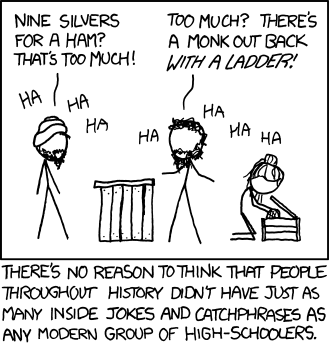Here at OE, we have been spending a lot of time discussing the horrible student attrition rates in Bay area KIPP schools, but when I first came across the statistic, I hesitated before using it in a post. The number was so absolutely damning that I had to wonder about the source. Had some anti-charter school group gone through all the data and cherry-picked the worst thing they could find?
So I looked up the
source of the statistic and found a veritable sales brochure for KIPP. The article opened with the headline:
"New Study Finds San Francisco Bay Area KIPP Students Outperform Peers"
followed by the subtitle:
"Combination of Key Features Contributes to Success, Provides Lessons for Other Public Schools"
The rest of the article continues in the same vein before finally getting to this:
As researchers analyzed the student achievement data and KIPP’s approach, they also identified challenges facing Bay Area KIPP schools, including high student attrition rates, teacher turnover, and low state and local funding. For example, 60 percent of students who entered fifth grade at four Bay Area KIPP schools in 2003-04 left before completing eighth grade. Annual teacher turnover rates have ranged from 18 to 49 percent since 2003-04.
Putting aside the human cost paid by the students who fell into that sixty percent and their families (which is huge), the selection/attrition process described in this post results in a school filled with roughly the top quartile of hard-working, dedicated students. All but the most incompetent administrators will have spectacular results under those circumstances. The performance described here ("In most grades, Bay Area KIPP students make above-average progress compared with national norms, and four out of five KIPP schools outperform their host district.") is, if anything, on the low end of what we would expect yet it is written up in the most glowing terms imaginable.
When it comes to charter schools, there's a long tradition of bad news stories with positive or at least neutral headlines. Consider this
article from the New York Times. The key paragraph was:
But for all their support and cultural cachet, the majority of the 5,000 or so charter schools nationwide appear to be no better, and in many cases worse, than local public schools when measured by achievement on standardized tests, according to experts citing years of research. Last year one of the most comprehensive studies, by researchers from Stanford University, found that fewer than one-fifth of charter schools nationally offered a better education than comparable local schools, almost half offered an equivalent education and more than a third, 37 percent, were “significantly worse.”
And what was the headline for this grim finding?
"Despite Push, Success at Charter Schools Is Mixed"
I genuinely believe that there are some wonderful charter schools out there and we can greatly improve education by building on these successes, but in order to do that we need to recognize and honestly admit the failures.
Up until now, that honesty has been in short supply.
